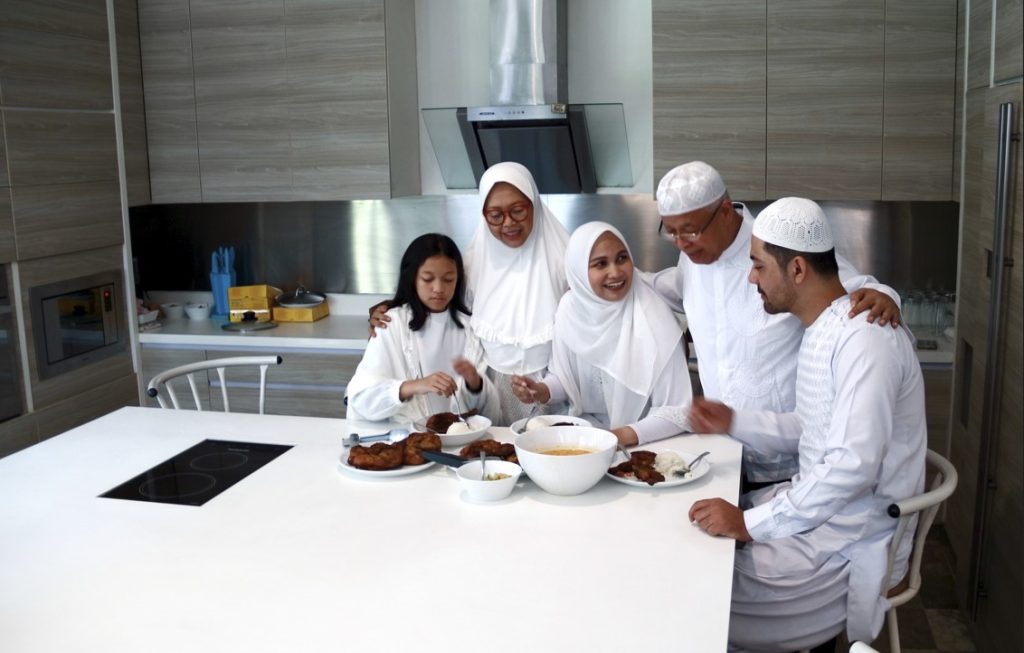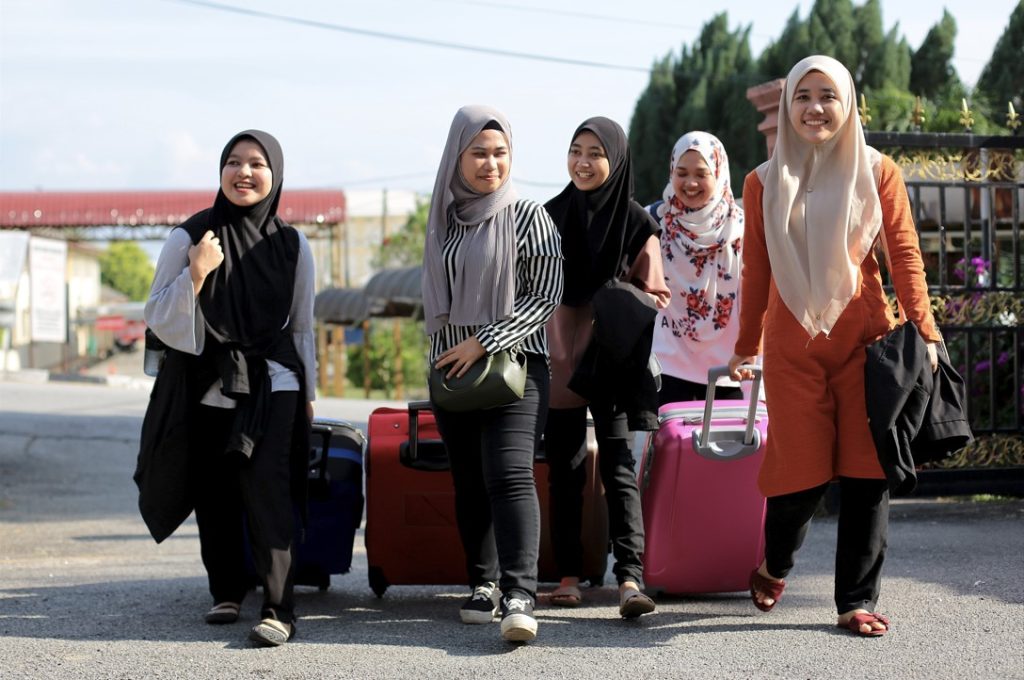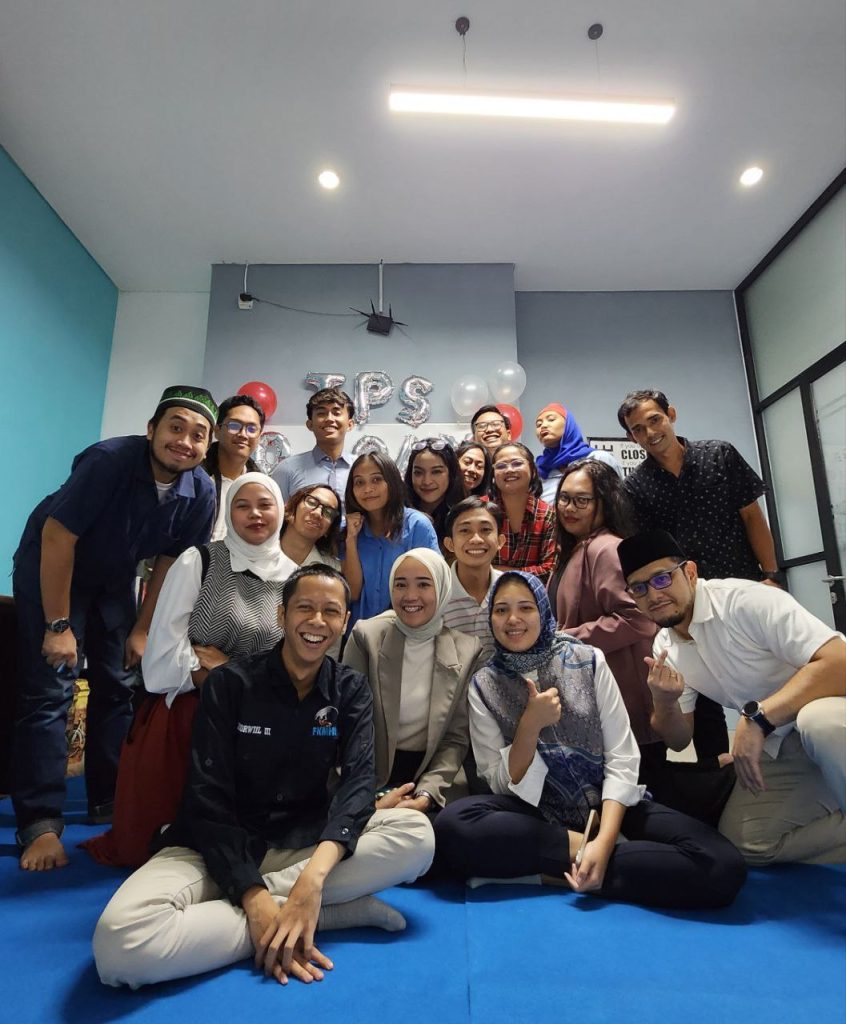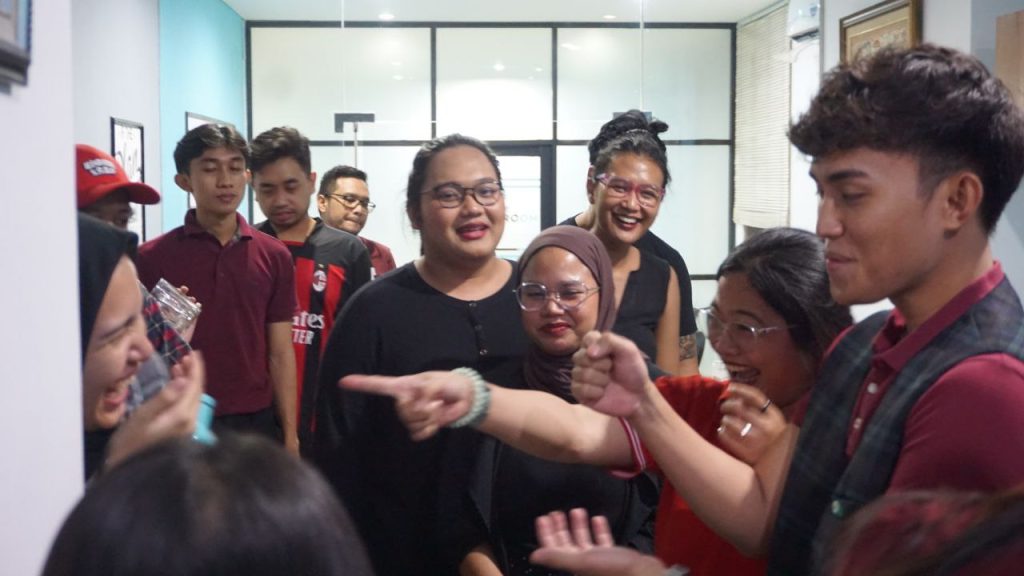
By Jeremy Seow
Eid al-Fitr marks the end of Ramadan, the Islamic holy month of fasting and spiritual reflection. For more than 2 billion Muslims globally, Eid is a cherished religious holiday filled with rich cultural traditions: spiritual reflection, charitable acts, gift-giving and community.
Understanding the significance of Eid and its cultural nuances is essential for brands and communications professionals who seek to recognise the holiday’s significance. As the festival celebrates the end of a spiritually intense month, its religious implications must be considered.
I spoke with Septa Perdana from Occam Indonesia PR about culturally conscious marketing communications during Ramadan and Eid. We reflected on highlights from this and previous years’ Eid and considered food for thought for the years to come.
Occam PR is one of Allison’s preferred agency partners in Southeast Asia that operates in Indonesia, a multicultural market where Islam is the majority religion.
Q. Cultural festivals are consistently active periods for marketing communications campaigns. When it comes to Eid communications, what are some key insights that all global brands should be aware of? For example, similarities and differences with other cultural events in the region such as Christmas and the Lunar New Year, nuances in Indonesia’s practices related to Ramadan and Eid.
In every religious and cultural celebration in Indonesia, a common thread unites us: a moment of reconnecting with family, indulging in traditional delicacies, and dressing specifically for occasions. This is why “mudik” (a journey of returning to your hometown for the holidays) stands as one of Indonesia’s defining traditions, especially during Eid celebrations, as urban dwellers return to their respective towns of origin. Brands often leverage this tradition by incorporating themes of homecoming, family reunions and nostalgia into their campaigns to evoke a sense of emotional connection with consumers.

During the Ramadan season, specific considerations must also be considered when orchestrating communications efforts to ensure the effectiveness of the campaign. Ramadan holds profound significance for the Muslim community, which heightens sensitivity to religious and cultural matters. For instance, communications efforts must embody respectful messaging and imagery that align with Islamic customs and practices, avoiding anything considered forbidden or taboo for Muslims. This must be done in a manner that authentically reflects your brand and campaign messages.
Another crucial element of Ramadan is engaging with local communities and participating in charitable activities to forge meaningful connections. This not only fosters appreciation toward your brand, but it can also help enhance your brand reputation.
Targeted digital campaigns and influencer partnerships are also pivotal factors to ensure your message cuts through the noise during Ramadan festivities. However, campaigns must be inclusive and resonate with a diverse audience, respecting Indonesia’s multifaceted cultural landscape.
Q. Indonesia is the world’s largest island country. Within this diverse market, what are some hyperlocal nuances that have an impact on Eid campaigns and communications?
Despite Indonesia’s dispersion across thousands of islands, one of the most prevalent Eid cultural practices observed nationwide is the tradition of the communal sunset meal, or iftar, accompanied by the indulgence of local snacks known as “takjil” to break the fast. Brands frequently leverage the collective iftar tradition as part of their campaign activities, inviting stakeholders to break their fast together while offering a diverse array of local snacks and culinary delights. These iftar gatherings are woven into media events, gatherings, inaugurations and other activities.
Variations in customs and practices between Indonesia’s regions can significantly influence how Eid is observed throughout Indonesia. In urban areas, there may be a focus on modernized gatherings that blend contemporary elements with traditional customs. Conversely, rural communities prioritize adhering to conservative religious rituals during the holy moment.
Q. In your opinion, what were the hits and misses among this year’s Eid campaigns? What can brands and communicators learn from them?
Among this year’s Eid campaigns, some of the innovations that captured our market’s attention focused on immersive experiences, where brands harnessed the power of virtual reality (VR) and augmented reality (AR) technologies.
By offering VR simulations of Islamic stories and Eid celebrations, and integrating AR-powered gifting experiences, brands provided inclusive and interactive platforms for individuals to engage with their religious heritage and extend the joy of Eid to loved ones virtually. Campaigns that collaborated and encouraged user-generated content creation also saw success. As brands empowered consumers to share their unique Eid narratives, it fostered a sense of community and enhanced brand loyalty.
Some campaigns were not as effective due to an over-reliance on traditional channels without integrating digital/virtual innovations, resulting in missed opportunities amidst the evolving marketplace. Additionally, engagement levels were hampered by insufficient personalization, underscoring the necessity of tailoring messaging toward diverse audience interests and local trends.
As brands reflect on this year’s experiences, they should focus on innovation, promoting participatory experiences, and prioritize personal messages to forge better connections and cultivate brand loyalty across diverse demographics.
Q. Closer to home, what are some Eid traditions that the Occam PR team enjoys?
Like many organizations in Indonesia, one of the Eid traditions we cherish at Occam is our annual iftar event, typically held a few days before the long Eid holiday. Our event transcends mere breaking the fast; it serves as a platform for our team to strengthen the bonds between each other with fun games and karaoke.
It’s remarkable how these gatherings allow us to deepen our understanding of and connection with our colleagues., We often uncover interesting facets of each other’s lives we didn’t know about. The significance of the event is also deepened by the anticipation of reuniting with our colleagues when we return to work after the extended holiday, which typically spans a week and half to two weeks.


If you would like to find out how Allison can support you in telling your story to an Islamic audience or in Indonesia, please reach out to Jeremy Seow ([email protected]). Today, Allison supports clients in Southeast Asian markets, including Cambodia, Indonesia, Laos, Malaysia, Myanmar (Burma), Philippines, Singapore, Thailand, and Vietnam.
Jeremy Seow is regional chief operating officer + head of client experience for APAC, based in Singapore.